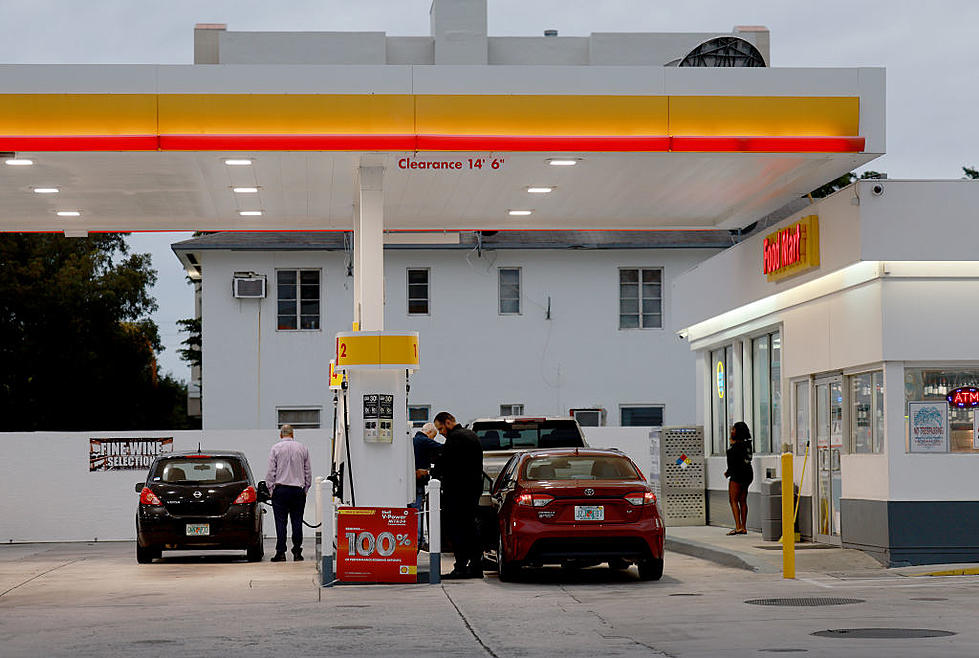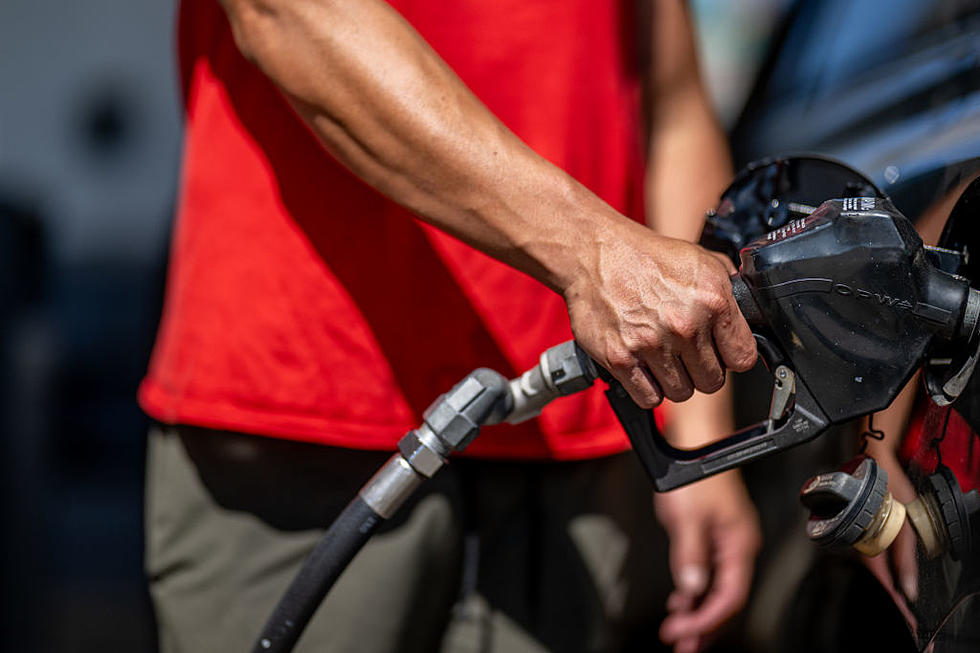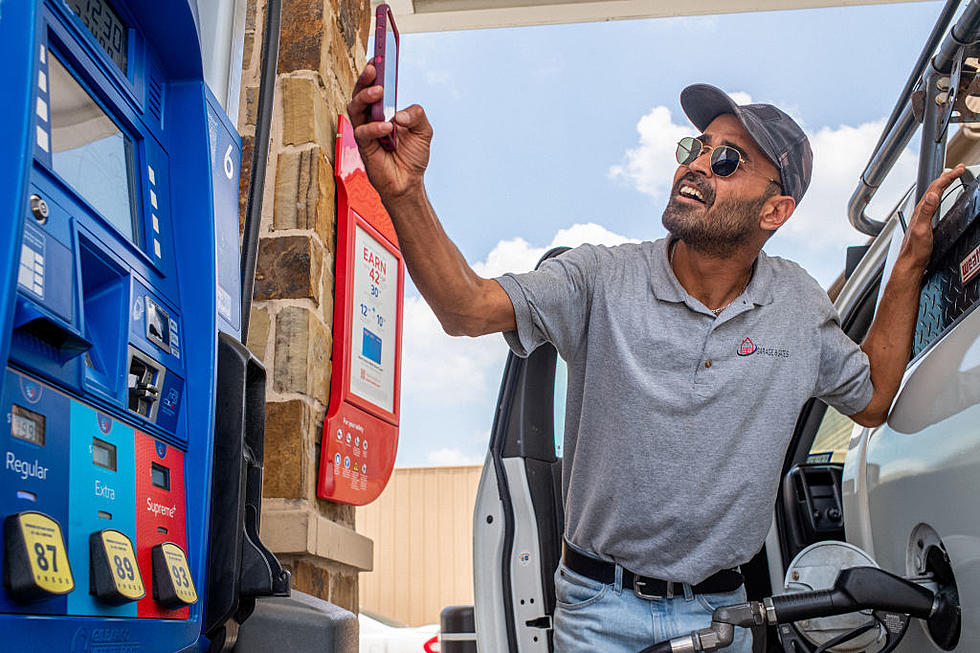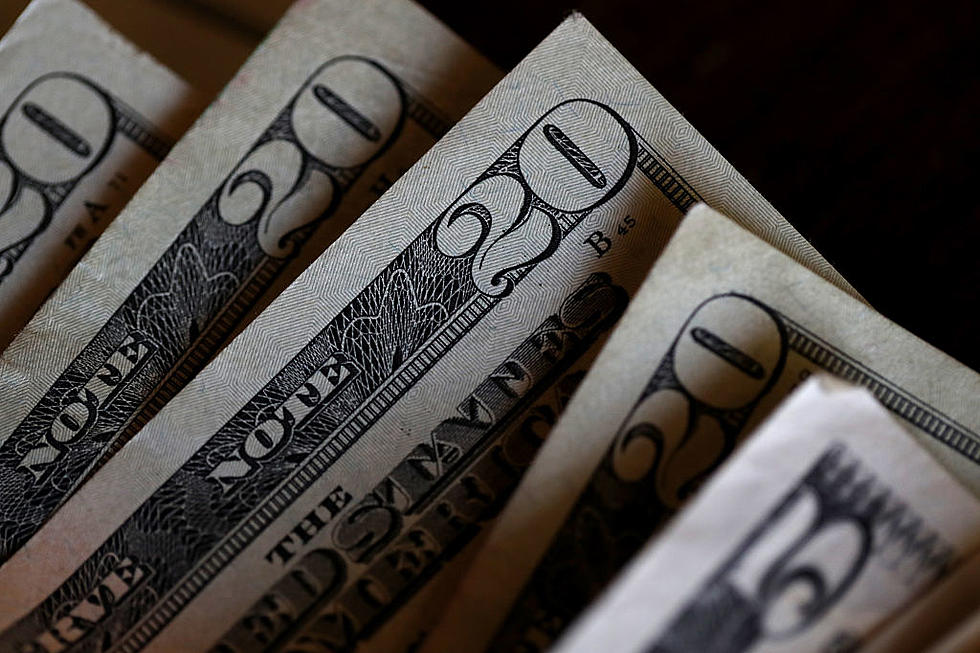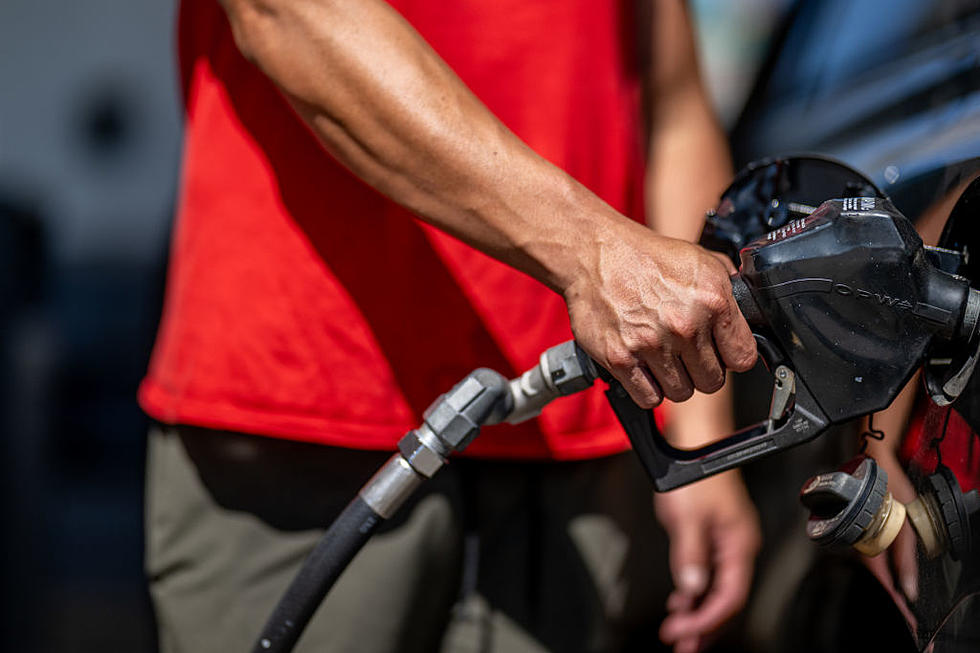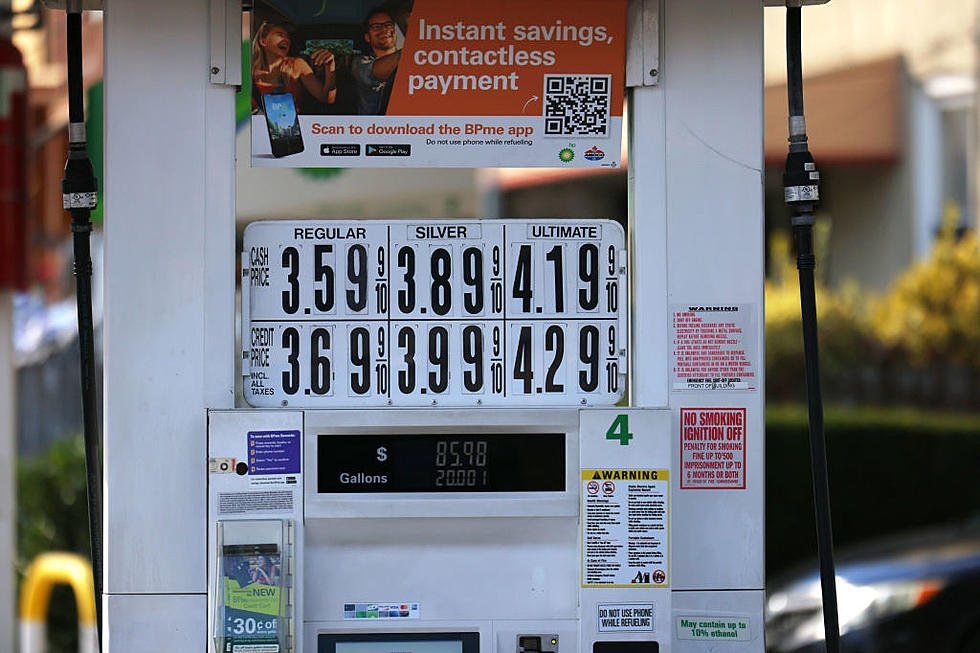
Expert–WA State Carbon Auction Bumps Gas 39 Cents, Diesel 48 Per Gallon
Washington State's carbon tax went into effect in January, but now we have some real figures as to what it is going to cost consumers.
Results of first carbon 'auction' released
According to the Department of Ecology, the first round of carbon credit auctions has been completed. This is where business, industry and other 'polluters' have to buy carbon offset credits. In layman's terms, it's a 'pollution license.' Costs are going to be passed onto consumers.
According to the Department of Ecology:
"During a three-hour bidding window, all 6.18 million allowances available were sold at a settlement price of $48.50, generating critical revenue that will be invested by the Legislature in clean energy projects and programs to support communities affected by climate change and air pollution. The settlement price (when adjusted for inflation) is in the range projected by an independent economic analysis commissioned by Ecology last summer."
Todd Meyers of the WA Policy Center, who monitors and reports on energy issues, released a statement translating what this will mean for consumers coming soon at the pump:
"The results of the state’s first CO2 auction mean about 39 cents more per gallon of gas and about 48 cents for diesel.
And rather than worrying about the impact these increases have on families and the economy, Governor Inslee today celebrated the high cost because it puts more money into state coffers."
It it not yet known how long it will take these hikes to take effect, but the impact of the carbon auction is expected to produce some sort of immediate price hike.
This is the first of a series of such auctions that will be taking place during 2023, on the plan that was pushed through the legislature in 2021. According to the DOE:
"The cap-and-invest program places a limit on the amount of carbon pollution that can be emitted by certain industries, requiring businesses with high emissions to purchase allowances to cover their carbon output. The number of allowances available will be gradually reduced, encouraging companies to invest in cleaner technologies and processes."
By encouraging, the DOE means 'forcing' businesses and citizens to invest in green tech, including electric or hybrid vehicles.
LOOK: Here are 25 ways you could start saving money today
More From 870 AM KFLD

